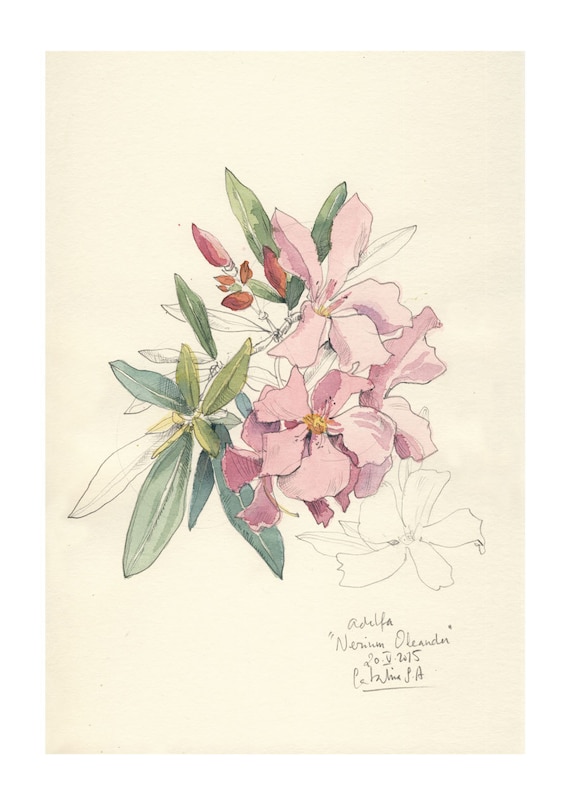Fixed My Flag

Severing ties with my claustrophobic box,
Without a flicker of sympathy,
With neither regret nor remorse,
My higher reason helped me
Discover ultimate love,
The love I was looking for
With tears in my pleading eyes.
Without a flicker of sympathy,
With neither regret nor remorse,
My higher reason helped me
Discover ultimate love,
The love I was looking for
With tears in my pleading eyes.
I had known the twisting and turning
Adventures of love,
With all the highs and the lows,
The strands of thoughts, sublime,
The dreams and reverie,
The lucid feelings and touches,
Transmitting glimpses of love
And the beautiful words playing charade,
Making love so mechanical,
So vacant and so transient,
Like an ocean without a shore.
Adventures of love,
With all the highs and the lows,
The strands of thoughts, sublime,
The dreams and reverie,
The lucid feelings and touches,
Transmitting glimpses of love
And the beautiful words playing charade,
Making love so mechanical,
So vacant and so transient,
Like an ocean without a shore.
There was a strong emotion in me,
So desperate was I to release it.
It seemed like a mystery,
So hard to demystify.
Like a fire of desire,
Soft and palpable,
It slept in the grey ashes
Of my tiny heart.
So desperate was I to release it.
It seemed like a mystery,
So hard to demystify.
Like a fire of desire,
Soft and palpable,
It slept in the grey ashes
Of my tiny heart.
And when I met you,
It was like a celestial blessing,
Difficult to fathom and hard to speak out.
Similar to a strange metaphysical super reality,
It looked like a juxtaposition
Of the reality and the surreal.
It was like a celestial blessing,
Difficult to fathom and hard to speak out.
Similar to a strange metaphysical super reality,
It looked like a juxtaposition
Of the reality and the surreal.
Sitting in the cool pond in the stone quarry,
I looked at the Nerium Oleander’s
Six-fold symmetry
Similar to a star of David.
I said to myself,
‘To a star, my course is fixed.’
I looked at the Nerium Oleander’s
Six-fold symmetry
Similar to a star of David.
I said to myself,
‘To a star, my course is fixed.’
I crossed the oceans
And while the comforting touch
Of your kisses softened my feelings,
I fixed my love’s flag
In your heart
Which I had conquered
With nothing
But love
And while the comforting touch
Of your kisses softened my feelings,
I fixed my love’s flag
In your heart
Which I had conquered
With nothing
But love

Nerium Oleander -- Catalina
Nerium oleander, one of the most poisonous commonly grown garden plants, is a shrub in the dogbane family Apocynaceae. "Oleander" is the Latinized form of the Greek words "ollyo" (I kill) and "aner" (man). In the 1st century Gaius Plinius Secundus reported that the population of a region in Pontus left honey made by bees that pollinated poisonous flowers (assumed to be oleanders) as a trap for invaders, and the Pythia, the female priestess of Apollo also known as the Oracle of Delphi, probably chewed small amounts or inhaled the smoke of the plant to induce her trances. On the other hand, Theophrastos, the "father of botany" who succeeded Aristoteles as head of the Lyceum, claimed that wine spiked with oleander roots "makes the temper gentler and more cheerful." Among its compaounds are oleandrin and oleandrigenin, which are both cardiac glycosides that increase the output force of the heart and decrease its rate of contractions. However, in their 1996 study of oleander toxicity, Shannon D. Langford and Paul J Boor concluded that "the human mortality associated with oleander ingestion is generally very low, even in cases of moderate intentional consumption (suicide attempts)."Oleanders were the 1st flowers to bloom in Hiroshima after it was hit by the 1st atomic bomb in 1945.
ReplyDelete